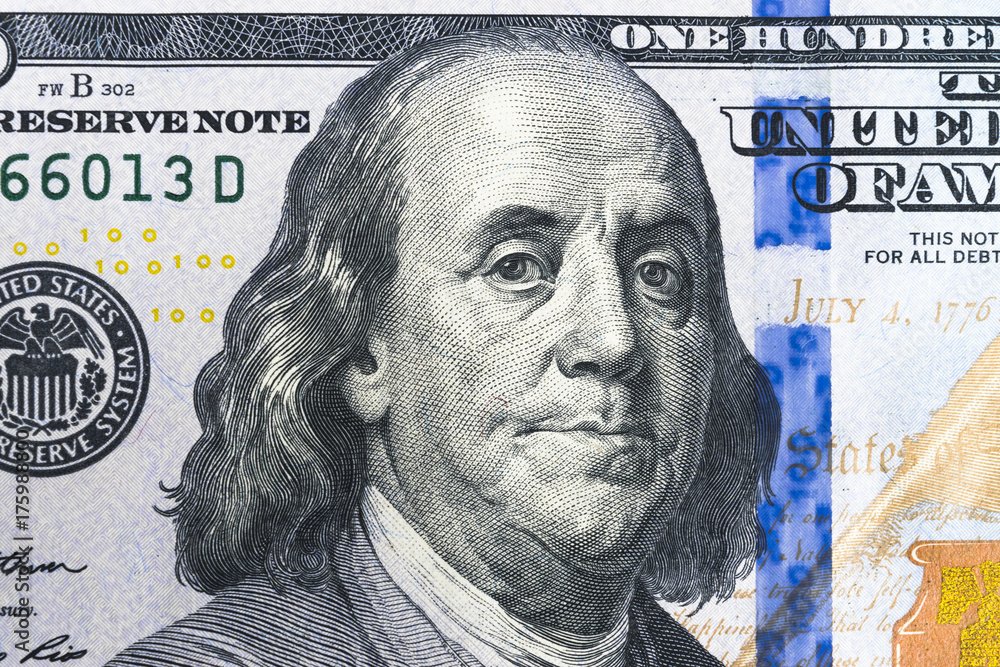There is no doubt that the US dollar dominates global payments but the scale and size of its transactions are shrinking lately. A handful of developing countries are cutting ties with the US dollar accusing the White House of weaponizing the currency. BRICS kick-started the de-dollarization agenda to challenge US supremacy and bring the dollar down from the world’s reserve currency status.
Also Read: Top Economist Predicts the Future of BRICS Currency
The initiative seems to be working as global payments in the US dollar dipped below 50% in October 2024. Read here to know how many sectors in the US will be affected if BRICS ditches the dollar for trade.
Also Read: BRICS Countries React to Trump’s 100% Tariff Threats
BRICS: Payments in the US Dollar Dip to 47% in October 2024
Source: stock.adobe.com
The latest data from the SWIFT payment messaging system shows that the global share of transactions in the US dollar has fallen to 47% in October 2024. The Euro comes second at 23% while the Sterling Pound is at 7% and the Japanese yen stands at 4%.
Also Read: BRICS: 2 Countries Pay 80% of Trade in Local Currencies, Not US Dollar
Source: SWIFT / Mint
BRICS member China has entered the list making up 3% of all the global transactions in the Chinese yuan. Though the scale looks small, it’s a giant leap indicating that the de-dollarization initiative is on track.
Also Read: No Turning Back On Launching BRICS Payment System: Diplomat
Source: IMF / Mint
Despite the US dollar’s share falling to 47% of all global transactions, no other currency, including BRICS countries has come close. The development shows the superiority of the US dollar and an uphill task to dethrone it from the world’s reserve currency. Though BRICS has evolved over the years, it still has a lot of catching up to do with the US.
While the road to dethroning the USD is long, it certainly is not impossible. The ever-increasing transactions in local currencies by BRICS are dampening the prospects of the US dollar. Just recently, BRICS members Russia and Iran officially announced that they have stopped paying the US dollar for trade settlements.


